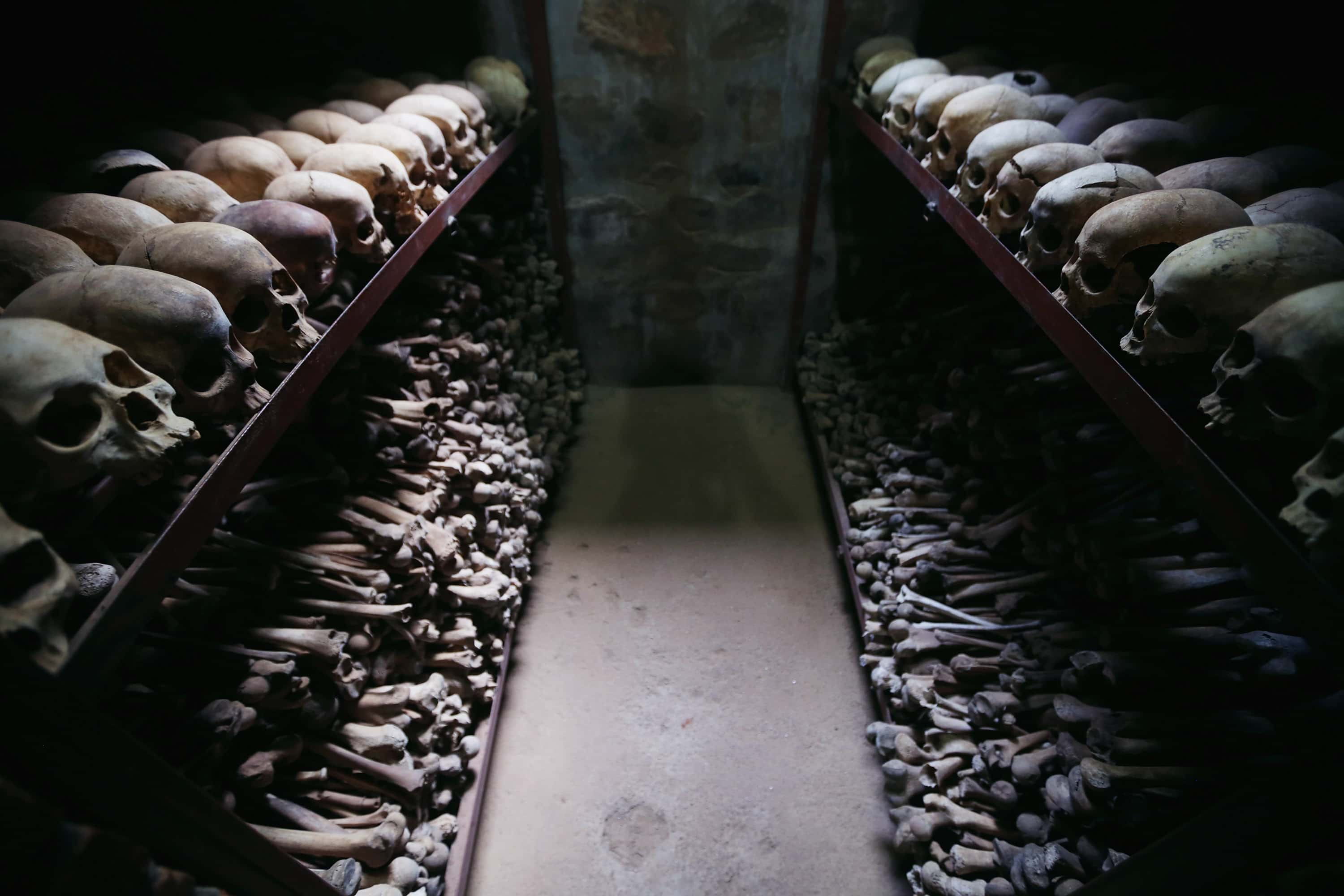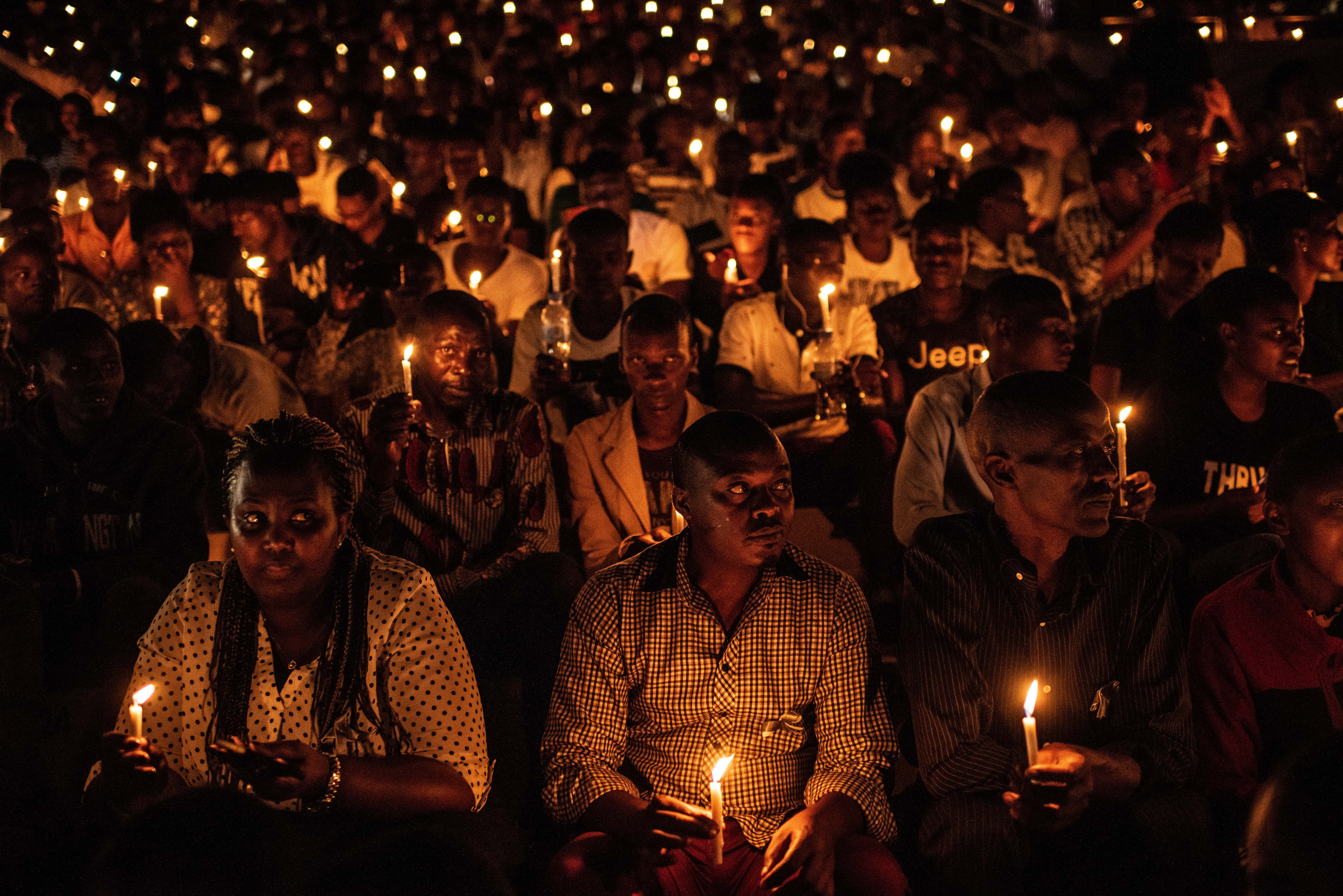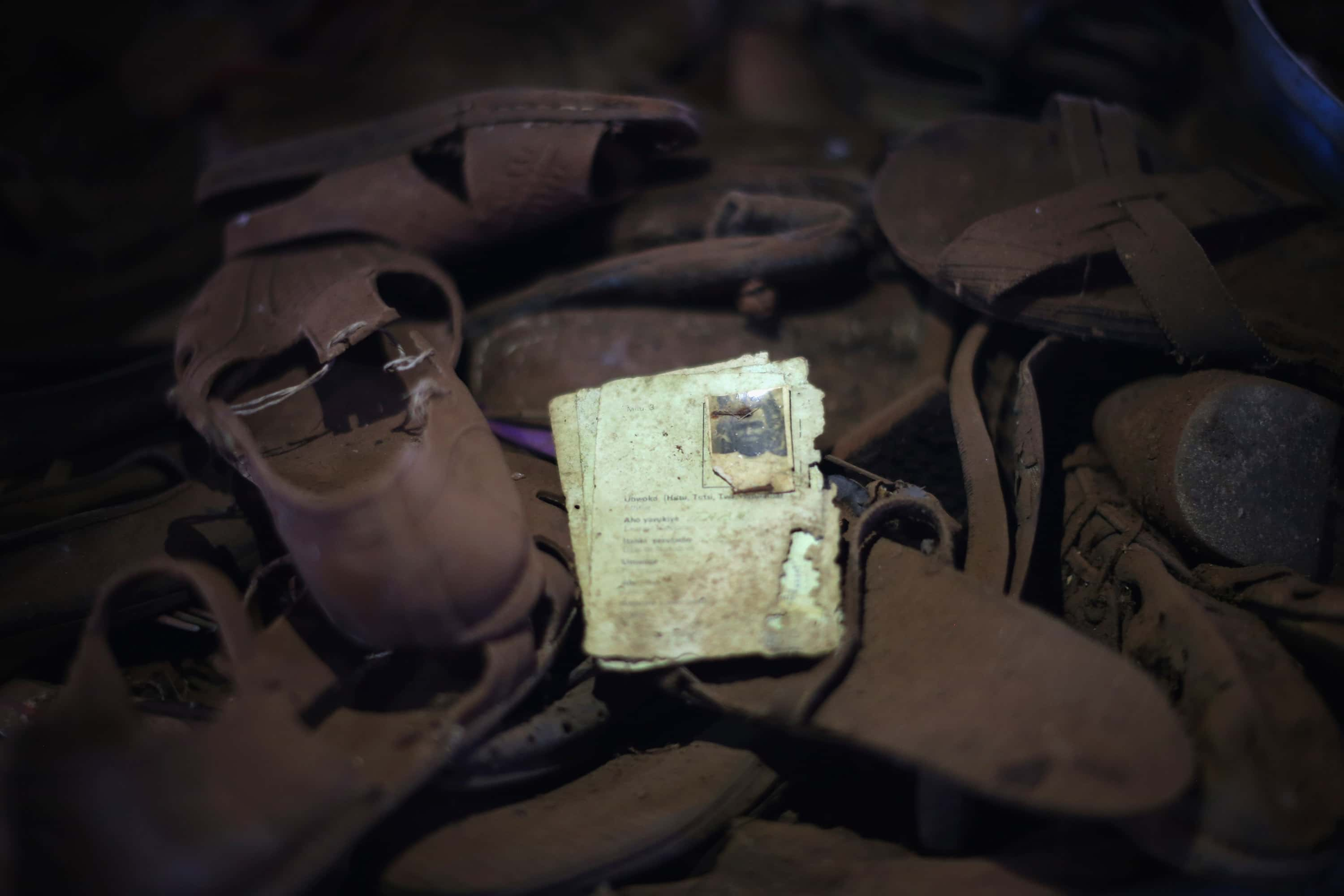'World's Most Wanted': Hutu extremist Felicien Kabuga masterminded 1994 Rwanda genocide claiming 800,000 lives

Businessman Félicien Kabuga, the mastermind behind the 1994 Rwandan genocide that claimed more than 800,000 lives, evaded authorities for over two-and-half decades by using over at least 28 aliases and influential connections across the globe.
Born on July 19th, 1935, Kabuga was once the richest man in the country after having made a fortune from his tea business in the 1970s. As he achieved entrepreneurial success, Kabuga was close to ruling the MRND party (National Republican Movement for Democracy and Development) in Rwanda. Furthermore, two of his daughters were married to sons of Rwanda's former President Juvénal Habyarimana, who died in 1994.
Félicien later used his connections and business facilities to organize and bankroll the mass killings that took place during the genocide, as explored in Netflix's 'World's Most Wanted', a riveting docuseries profiling the world's most wanted.
A staggering 500,00 machetes were shipped to Rwanda between January 1993 and March 1994 -- and Kabuga has been identified as one of the major importers of these weapons. He also founded Rwandan radio station Radio Télévision Libre des Mille Collines (RTLM), which worked day and night to instigate Hutu extremists and spew hatred against members of the minority Tutsi community. The radio would later prove to be an effective tool for mobilizing forces across the country.

Two months before the catastrophe in February 1994, Rwanda's Minister of Information Faustin Rucogoza threatened to shut down RTLM during a press conference at his office.
"News that fuels ethnic hatred is not acceptable and does not belong in this country," he asserted in unearthed footage from the event.
But a defiant Kabuga shot back at Rucogoza saying RTML "cannot please everyone."
"Mr. Minister, RTLM only tells the truth and only what is really happening...and it is for this reason why we founded it, to enlighten the population," he declared.
Rucogoza and his family would later be assassinated by Kabuga's hitmen.
In a span of just 100 days, more than 800,000 innocent civilians would be slaughtered by ethnic Hutu militia. They targeted not just the Tutsis, but Kabuga's political opponents as well, irrespective of their ethnic origin. RTLM celebrated the massacre on-air, rejoicing how the Tutsis were finally "exterminated."
Kabuga fled to Switzerland in the immediate aftermath of the genocide, but was denied asylum and reportedly returned to Africa via Kinshasa, capital of the Democratic Republic of Congo. However, he would go on to outwit authorities and evade capture for decades to come.
The elusive war criminal prompted the United States to offer a $5m (£4.1m) reward for information leading to his arrest. But investigators were left scratching their heads for years, wondering how one of the most wanted fugitives in Africa was able to live in subterfuge and evade law enforcement across continents after being charged with seven counts of genocide and crimes against humanity in 1997.
Kabuga is alleged to have resided in many countries across East Africa -- most notably Kenya, where his family had business interests. It is said the fugitive used his powerful political connections in the country to thwart any efforts to arrest him.
Kabuga escaped police dragnets multiple times in Nairobi. During one raid on July 19, 1997, police arrested seven Rwandan genocide suspects. Kabuga, however, escaped arrest after reportedly having received an earlier warning from a senior officer.

Several journalists and truth-seekers who went after Kabuga also met their fate. This was highlighted with the death of freelance reporter William Munuhe, who was found dead in his Nairobi apartment on January 16, 2003.
Josephat Gichuki, his brother, later said he had discovered that Munuhe was working with the FBI and had planned a sting operation to arrest Kabuga by posing as a businessman.
"To our surprise, police said Munuhe's death was a suicide [from carbon monoxide poisoning] after inhaling fumes from a charcoal stove," Gichuki told the BBC of his shock. "While at the mortuary, I personally saw a bullet wound in his head, and blood in his room."
Valerie Bemeriki, former co-presenter at RTLM, is currently locked up in Gikondo Prison. Back when Kabuga called the shots at the radio station, she was heard on-air likening Tutsis to "cockroaches" who had to be "exterminated" from the face of the earth.
"Those who have been arrested and put in jail are the little people. Kabuga and those who planned the genocide have never been arrested. They are hiding," Bemeriki told producers when Kabuga was still at large. "I had, it's true, a very strong voice against the Tutsis. We said that they are animals that could kill you. The little children of the Tutsis were also enemies. They will kill you once they grow up."
"At the time, I thought it was true," she continued. "We knew very well that Kabuga was the big boss. I saw him all the time because he came to the radio. He was the ideologue. If he hadn't been an ideologue, he couldn't have established the radio and given the line to follow."

The devious warmonger was finally hunted down to a hideout in Paris, France in May this year after an investigation was relaunched by UN war crimes prosecutor Serge Brammertz.
French detectives had followed the movements of Kabuga's five children and finally tracked him down to his third-floor apartment in the Paris suburb of Asnières-sur-Seine, where he had reportedly been living under a false identity.
Félicien Kabuga is currently at the La Santé Prison in central Paris, where he will be held until he is handed over to the International Residual Mechanism for Criminal Tribunals (IRMCT).
'World's Most Wanted': A six-part Netflix docuseries whose each installment fixates on a different fugitive, is a true-crime effort premiering August 5.










